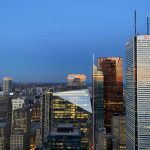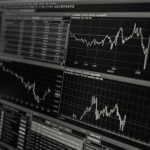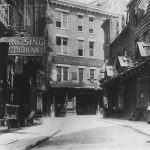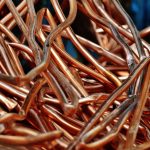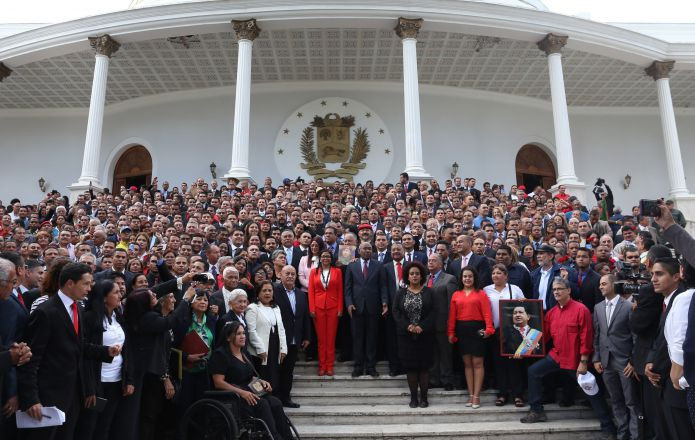Caracas, Venezuela (VIAnews) – After almost a year of silence, the Venezuelan Government finally announced the date for the upcoming Regional election to elect state governors and state legislators. The National Electoral Council of Venezuela published a statement saying the election is to be held on October 15th of the current year.
The election should have been scheduled in 2016 and current governors are working on an expired period, at a time when the country is in a political crisis and massive protests in all the major cities of Venezuela. Opposition leader Julio Borges stated on March 24th, “We are in a Venezuela where people die from hunger, where there are no job opportunities. Violence and corruption are generalized. Only through the polls, can we change this country from misery and corruption to a prosperous and united Venezuela”.
There is a generalized feeling that the Government wanted to avoid the democratic schedule in an attempt to remain in power for a longer time, given that their political party popularity rate went down to 22%, according to several pollsters. This came as consequence of the social and economic crisis the country is going through over the last three years.
For the last 4 years, Venezuelans have lived in an economic recession. The country is dealing with the highest inflation in the world, reaching over 450% of an annualized price increase. The country is facing a high risk of Default caused by the low price of oil and a terrible mismanagement of the state oil company Petroleos de Venezuela (PDVSA).
To fulfill the debt monthly payments, President Nicolas Maduro, cut down 50% of imports and established an alimentary control on wheat, corn, sugar and several other main food products. People are living with a big shortage of basic products and medicines. Newborns and critically ill people die because of the lack of medicine and power blackouts at hospitals. Poverty and hunger numbers are escalating quickly and social tension is increasing.
When the Government allegedly tried to silence the National Assembly (formed by a majority of congressmen from the opposition party) to gain total political power, citizens took a step forward and marched in protest. Even though the government tried to keep the order by controlling the crowds, the struggle on the streets went on for more than 100 days. The population outcry has been gathering the media attention, showing the world how unpopular their president is and unmasking him as the South America dictator.
The International community has spoken on the matter. Sanctions from the US and other countries are pressuring Nicolas Maduro to respect the election schedule, liberate political prisoners and acknowledge the opposition’s National Assembly.
President of France Emmanuel Macron said at the UN “only collective action can respect the democratic principles to avoid current dictatorial tendencies in Venezuela.”
Right now, both the Government and opposition parties are getting ready for the race. Opposition MUD just got out of their primary elections and official candidates are preparing for a short 3-week campaign to convince voters.
Recent polls suggest the opposition will come out winners. However, last elections alleged fraud and illegal voting issues might discourage the vote participation of Venezuelans since it seeded distrust in the democratic system.
On September 16, leaders from both parties gathered in the Dominican Republic to restart old negotiations and discuss several topics about the political, economic and social crisis. They are looking forward to establishing some rules of procedure to create a trust agreement when Venezuelans hit the polls.
President of the National Assembly, Julio Borges, said: “We are not going to make the same mistake we did last time when we hide information about the progress of the dialogue, Venezuelans need nothing but the truth.”
Venezuela’s future seems blurry, but citizens are currently living one day at a time while hoping for the democratic system to work.



